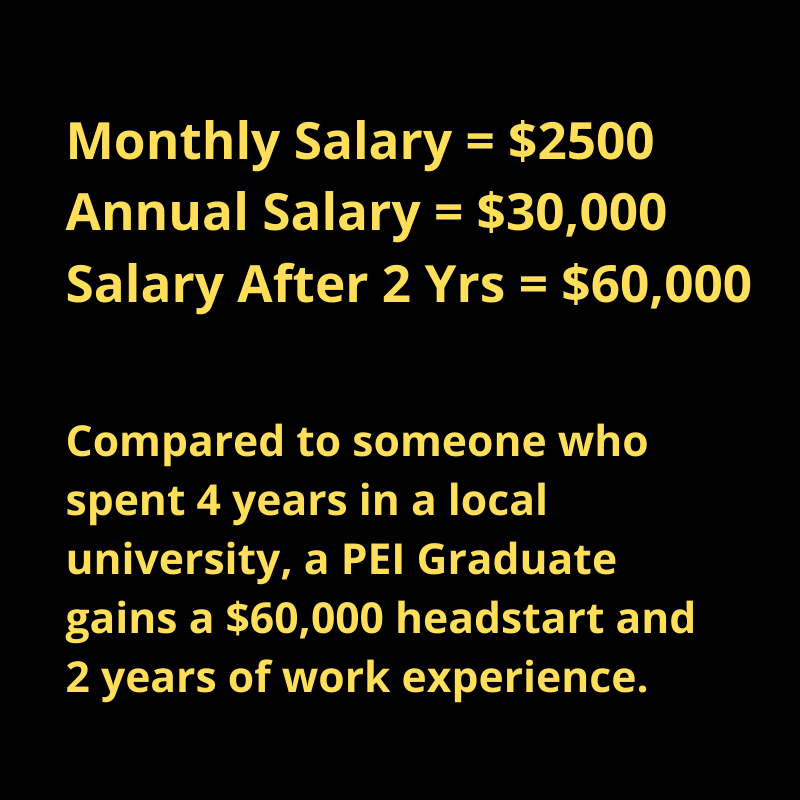The O and A Level results will be released soon and students will be flooded with options. There are many pathways for students these days. Inevitably, some of you might start looking to private education institutes (PEIs), to check out the alternative pathways and options available.
Before you make a decision to enroll into a PEI, here are 5 questions you should ask yourself.
1. Is your image really important?
I know of people who dropped out of a PEI halfway through their studies to apply to a local institution because their friends commented that PEIs are not a proper school.
In fact, I even had army sergeants who would looked down on PEI graduates during in-camp training because they felt that if you were worthy enough to be granted university level knowledge, you should have been able to qualify for a place in a local institution to begin with.
There is really no way around this if it is. Either you get thicker skin and endure the comparisons with your cousins at family gatherings or qualify for a place in a local university.
2. Are you willing to accept a lower starting salary?
It is common knowledge. PEI graduates generally get a lower starting salary. Although, the NUS graduates who were working in my department in NUS seemed to be drawing a salary very similar to that expected of a PEI graduate.
In my opinion, the lower starting salary is acceptable. Students in local institutions are forced to take on internships, compulsory career development programmes, service learning programmes and elective modules which mean their duration of study is between 3 – 4 years long.
The majority of PEI graduates only spend about 2 years in school because they have more innovative scheduling of modules and shorter holiday periods so that the student can graduate earlier.
This trimester system is a business model innovation that does not skimp on modules or academic hours. It essentially improves the PEI graduate’s speed to market, allowing him/her to gain real world experience in this very fast-paced world.
You essentially trade higher starting salaries for the ability to get out into the workforce earlier to gain work experience.
But what if you want a higher salary? The great thing about PEIs is that most will allow you to defer your studies for a reasonable amount of time. If you score a temp job at a desirable company, don’t be afraid to defer your studies.
If you prefer to do things concurrently, consider volunteering regularly for a couple a months in a year, networking and picking up skills along the way. Or take up gigs related to your course of study during weekends and holidays.

Value of a headstart
That being said, the head start in the work force allows you to gain experience. However, after the initial slump, employers start to care more about your work experience and the notable achievements in your work. Do keep a record of your achievements and highlight them in your resume.
3. Are campus amenities very important to you?
Let’s face it, private school campuses are nothing compared to NUS or NTU. Those campuses are so big, they have shuttle buses just so that students can get around. You will find most private schools located in shopping malls. PSB Academy is located in Marina Square and Kaplan Singapore is located at Wilkie Edge and PoMo.
The Singapore campus of James Cook University in Sims Drive and MDIS located in Stirling Road is a step up from a shopping mall campus, but would still pale in comparison to NUS and NTU. You will not find multiple swimming pools and canteens in either of those PEIs.
At the end of the day, you should ask yourself if you need a multi-million dollar sports facility with a swimming pool, running track, more than one gym on campus and the ability to stay in a hostel.
If your answer is yes, a PEI is probably never going to satisfy you.
4. Is campus life a major factor in your decision making?
This ties in with the point above. More facilities usually means more resources to accommodate multiple student groups. Having facilities on campus also makes things cheaper to run both for the school and students. Take a swim team for example.
If the pool is on campus, it would make sense to have a swim team, water polo team and possibly even a canoe polo team to maximize the use of the pool. In the case of the hypothetical canoe polo team, the boats can be kept on campus, saving on storage costs.
Conversely, having students travel to the nearest swimming pool for training is going to cost them money. You will also have to pay for entry for each training. And just like that, the thought of joining the swim team becomes less attractive.
5. Does your desired industry discriminate against private education institutes?
This last point is an important one to consider. Some industries may view PEI graduates less favourably. This is often due to regulatory requirements but could occasionally be due to the nature of the work.
However, it looks like things might be looking up. The Skillsfuture Initiative has in a way, educated employers to recognise competencies. Rather than simply using a degree as a proxy for competence, more and more companies are hiring from their intern pool.
